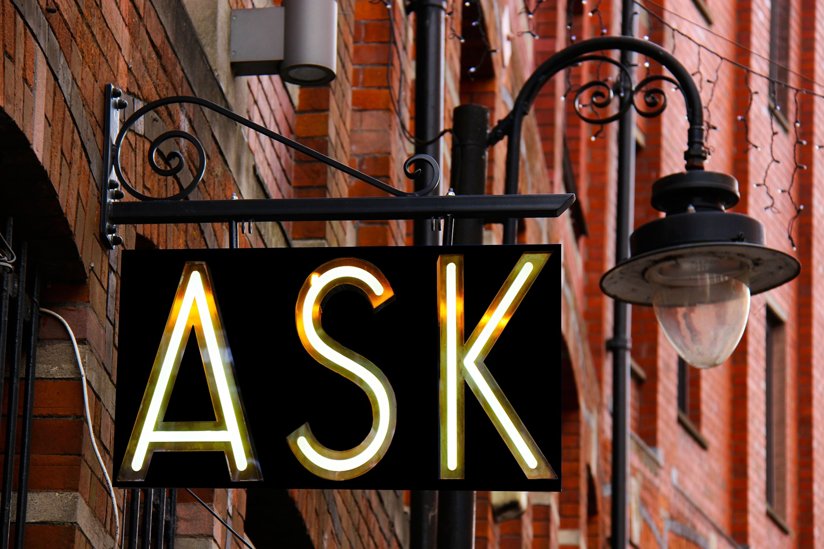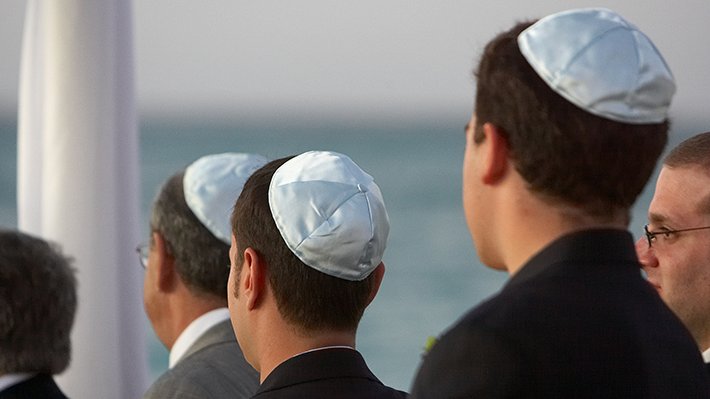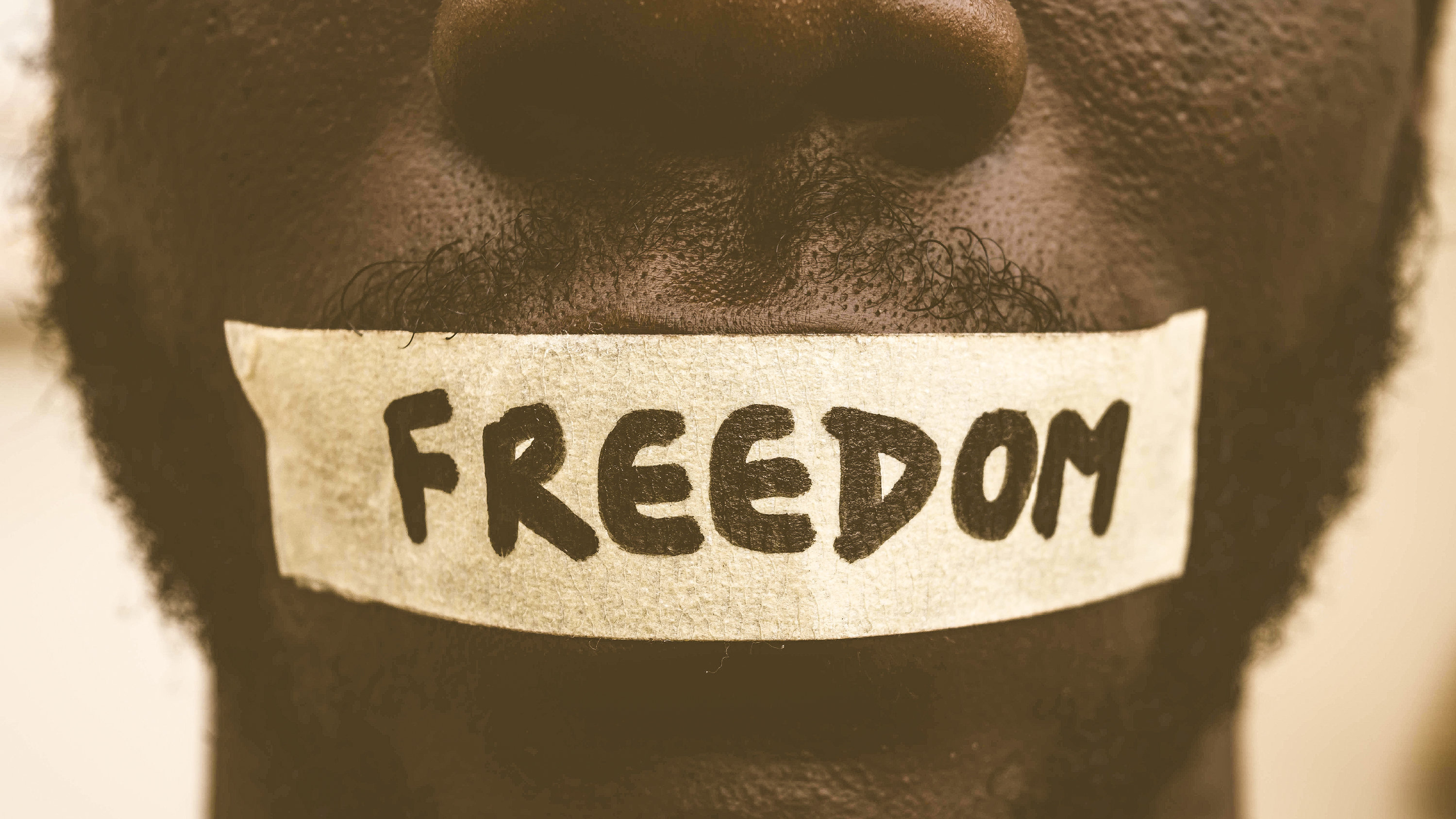
-
HOME
-
WHAT IS STANDOur Mission Our Values Our Help Contact
-
WHAT WE FIGHT FORReligious Freedom Religious Literacy Equality & Human Rights Inclusion & Respect Free Speech Responsible Journalism Corporate Accountability
-
RESOURCESExpert Studies Landmark Decisions White Papers FAQs David Miscavige Religious Freedom Resource Center Freedom of Religion & Human Rights Topic Index Priest-Penitent Privilege Islamophobia
-
HATE MONITORBiased Media Propagandists Hatemongers False Experts Hate Monitor Blog
-
NEWSROOMNews Media Watch Videos Blog
-
TAKE ACTIONCombat Hate & Discrimination Champion Freedom of Religion Demand Accountability
Inside Scientology: The Art of Critical Thinking
At this point it’s safe to say that nothing and no one in recent history has received a more intense, relentless and sustained public smear campaign than the Church of Scientology, the religion itself and its founder, L. Ron Hubbard. If you compare the list of real, actual problems in the world today, anyone can quickly see that the campaign against Scientology is so far out of proportion that even the average person begins to get the sense that something is not quite right.
And they would be correct.
So why would so much ink, time, terabytes and money be spent with the sole purpose of frightening as many people as possible away from Scientology? In the words of Agatha Christie’s famous fictional detective Hercule Poirot, “There are too many clues in this room.” For those of you who like puzzles and a good mystery, let us begin.
What does Scientology and the campaign against it have to do with the subject of critical thinking? The answer is: everything.

Critical thinking is the process of analyzing information to determine the amount of truth in any statement, assumption, opinion, conclusion, thought or situation. It is the skill at the core of L. Ron Hubbard’s discoveries and the effectiveness, usefulness and success of Scientology.
You may find it incongruous that a religion would teach the skills of what is commonly called “critical thinking” (and it is a skill). Yet if you think about it, what could be a more sacred, divine or spiritual quest than the discovery of any and all forms of truth?
It takes a very humble person to admit that, compared to the truth, they don’t matter.
Critical thinking starts with this one question: “Is it true?” The greatest strides forward in mankind’s knowledge have started with one person asking that one question.
Now, the moment you ask that question about everything you’ve been taught and think you know—about what “everyone” thinks and popular opinion—you may find yourself in a great state of confusion. But keep asking the question anyway and you will start to sort things out for yourself without having to rely on other people, the media, “experts” and “authorities” to judge whether or not something is true. You will rapidly begin to develop your own skill.

Critical thinking requires that the truth be the most important thing to you. Not emotions or opinions. Not your ego or self-importance. Not what your family or other people think. Not what popular opinion is. Not your likes, hates, politics, -isms, discontents and prejudices—not the way you think things should be, but the way things actually are. In your mind and heart, those things must always take a back seat to the truth. Critical thinking requires a willingness to find out that you were wrong. Even completely wrong. That everyone you know has been wrong. It requires knowing that you don’t know, admitting that you don’t know and then finding out. Then, it requires a willingness to change what you found out and what you concluded if true information is presented that does not match what you thought was true.
Once a Scientologist begins to gain critical thinking skills, they start asking questions—questioning those things that “everybody knows.”
It takes a very humble person to admit that, compared to the truth, they don’t matter. Their status, popularity, even their very existence doesn’t matter. They will be gone one day. The truth will live on and last forever. Anyone seeking to discover the truth must get comfortable with the fact that they have absolutely no say in the matter. Opinion is popular. Truth rarely is.
Once a Scientologist begins to gain critical thinking skills, they start asking questions—questioning those things that “everybody knows.” Is that politician/journalist/neighbor/ loved one telling the truth? If not, what are they really up to?
Being questioned can make some people quite uncomfortable. Especially liars, BSers and con men. They don’t like being questioned. Liars, BSers, con men, drug dealers (legal and illegal), quacks, snake oil salesmen, psychopaths, criminals, sociopaths, narcissists, etc. get really upset when they are questioned. It’s quite natural, therefore, that they get really upset by Scientology.
As a young, freshly minted engineer, L. Ron Hubbard started this “upset” ball rolling when he dared to ask questions like: “Why is the field of mental health so far behind other sciences?” “Do drugs, electric shock, and lobotomies really make people well?” “What is ‘mental health’ anyway?” “Is ‘normal’ really the same thing as healthy?” “Do these mental health ‘experts’ really know what they are doing?” “Are they even using science at all?” If you think questions like these would not upset everyone working in the field of mental health, think again. And that’s just one industry.
Try it yourself. Practice asking this single question. It can be fun.
A politician will claim that he or she has all the answers.
Is it true?
The news media will tell you how horrible and dangerous your world is.
Is it true?
The pharmaceutical industry will tell you that drugs are the only solution to painful emotions and inconvenient children.
Is it true?
And the corporate-owned media will continue to demand that everyone be afraid of Scientology.
Is it true?









